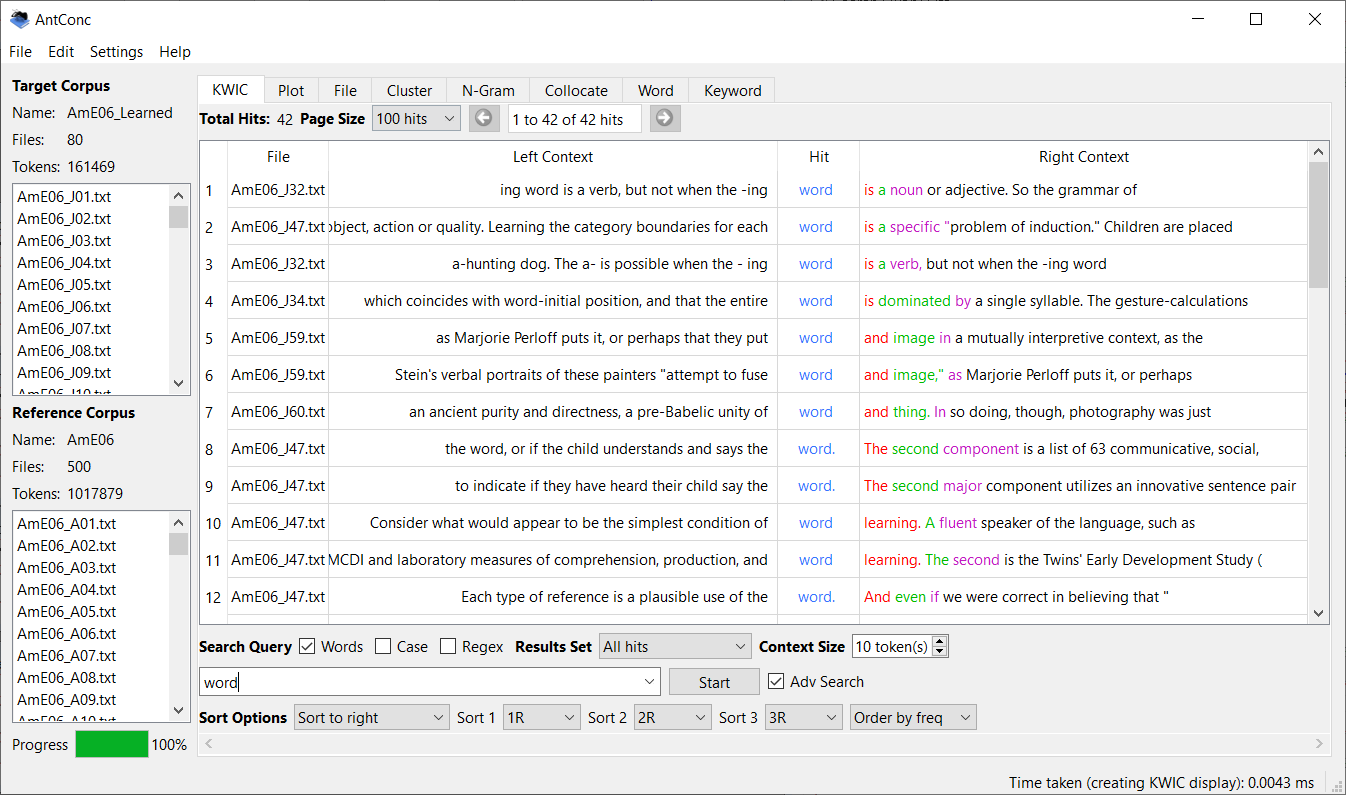In the last years it has become quiet on SoSciSo. We continued to add software to our database that we came across. However, the time available to us was always rather short, so that we did not look at the software more intensively and therefore also held back with writing articles. However, since two months we have become more active again. We are working on a new website design and we want to change our data management. So far we are working with a database plugin for WordPress for collecting and presenting data (see here). In the past, with the plugin we had again and again smaller problems. However, a changeover was not an issue for us until now, because the plugin worked fundamentally and a changeover is always associated with a lot of work, which we were able to successfully avoid. In the meantime, however, the plugin has become very outdated and is no longer maintained, which is why we had to decide to finally tackle the issue of migration.
It was clear to us from the beginning that we would like to move the data to Wikidata to make it available to the public. This means that in the future suggestions can be implemented directly without contacting us. Further, it will be directly available in the software overview. How the integration of Wikidata data will look like, you can see here for the example ‘transcription’. You can also have a look at the new design at the same time. The new page is currently under construction and is still full of bugs. The data will be retrieved live from Wikidata each time via a SPAQRQL query. SPARQL stands for SPARQL Protocol And RDF Query Language. Wikidata also provides a frontend for this, where you can generate your own queries. The SPARQL query for transcription software looks e.g. so
We would like to take this opportunity to thank all the developers for the many software tools and services we are currently using for the transition. OpenRefine we use to prepare the data we have pulled from our database. Once consolidated, we can upload the data directly from OpenRefine to Wikidata via a Wikidata interface. The Wayback Machine of the Internet Archives helps us to search for software that is no longer developed and whose website has disappeared in the meantime. Furthermore, we work a lot with the services of Wikidata, e.g. to create new items.
In a few weeks we will go online with the new page and let you know.
